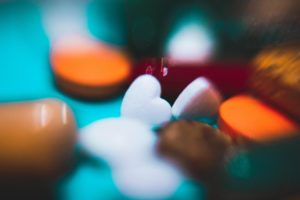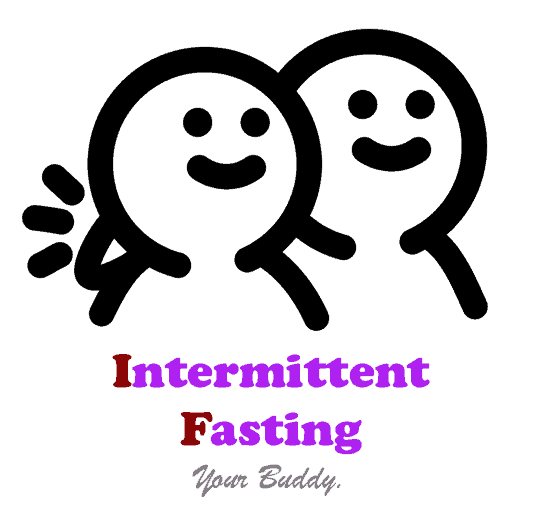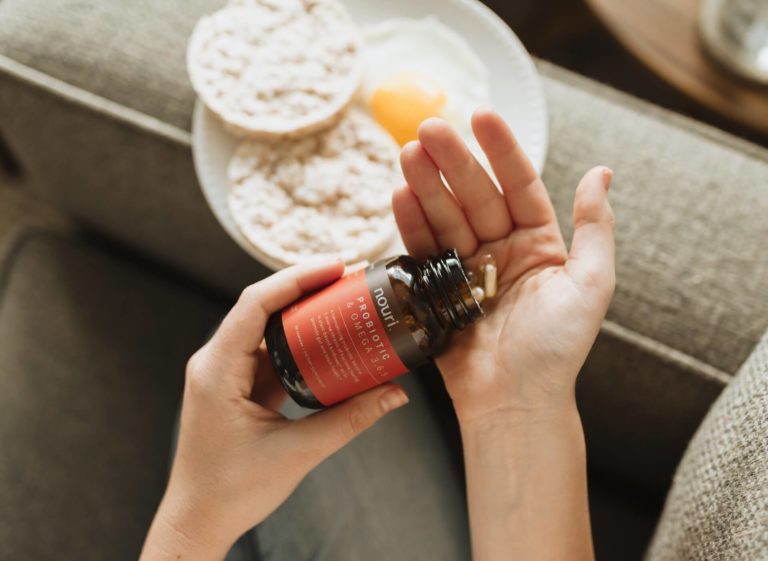Probiotics are some of the best supplements you could take for gut health. They also boost your immune system and they help you absorb nutrients better. If you’re doing intermittent fasting, you’re most likely skipping one or even two meals a day. Because of that, your chances of getting all the necessary nutrients through your diet is reduced. A supplement that aids nutrient absorption might be exactly what you need. But will probiotics break a fast?
Probiotics contain no calories, which means there’s no insulin response, so the fast isn’t broken. If you’re fasting for gut rest, especially for medical reasons, you should consult your doctor about the supplements you can take at this time. Otherwise, probiotics are safe while fasting. The only issue is that some probiotics are better absorbed in the presence of food.
In other words, you can take them during a fast – but should you? Let’s take a closer look at how probiotics impact fasting and when the best time to take them is.
Will probiotics break a fast?
First, you need to start asking yourself what type of fasting you are on. If it is a water fast, everything, including supplements, is forbidden. In this case, probiotics will most likely break a fast.
In all other fasting methods, it is all about the calories you eat. Since probiotics won’t take you over 1 calorie and 1 gram of carb, they won’t break your fast. Whether you’re fasting for weight loss, blood sugar management, or autophagy, you don’t need to worry about probiotics.
If you’re fasting for gut rest you may need to discuss with a doctor first. There aren’t any studies to show us if probiotics stimulate the gut and break this type of fast, but since their main point of action is precisely the gut, there’s a risk you need to consider. So especially if you’re on this type of fast for a medical reason, talk to your doctor about the best time to take probiotics.
Do probiotics have calories?
No, simple probiotic supplements don’t have any calories. Keep in mind some probiotics supplements may come in powder form and have sweeteners like stevia, flavors, or even protein added. In that case, you need to read the label and see if any ingredients may break a fast. Probiotics alone, however, do not have any calories.
Probiotics on a 16/8 intermittent fasting diet
With the 16/8 intermittent fasting method, you’re probably skipping either breakfast or dinner. In this case, probiotics are great to promote gut health and help your body absorb nutrients from the meals you do have.
Timing is often crucial when taking probiotics and when you’re on a 16/8 fasting diet, this is no different. The first thing you should do is read the label. Some probiotics are best taken on an empty stomach. Most of them, however, will need to be taken with food.
If your probiotic is one of those that need to be taken on an empty stomach, you can take it during your fast. Unless directed otherwise, you should aim to take it closer to your first meal of the day.
When you take your probiotic also depends on the goals you have. If you’re just taking it for its general health benefits, but you don’t have any issues, you can choose a time that feels most convenient for you. On the other hand, if you’re struggling with digestive issues taking it with your first meal will be crucial for maximum benefits.
What is the best time to take probiotics before bed?
Probiotics aren’t usually a supplement recommended before bed. Opinions are somewhat divided, as some say that because your gut is mostly at rest during your sleep, they will have the best effect. Others simply stick to the idea that you need to take it close to mealtime, and since most people agree eating right before bed isn’t the best, probiotics shouldn’t be taken then.
Another common recommendation is to follow your circadian rhythm. Gut bacteria can influence the sleep cycle, so an unhealthy gut could cause a lot of problems, including insomnia.
An interesting rule you can follow is:
- If you are someone who wakes up early in the morning and goes to bed early, take the probiotics in the morning.
- If you know you’re a night owl, take the probiotics in the evening.
Whether you take it first thing when you wake up or wait for your first meal, is up to you.
Taking probiotics with soda: is it good?
Medication and supplements are best taken with water. Most will also advise the water to be at room temperature, so not too hot but not too cold either. Probiotics are no different.
If you’re worried the acid in the soda will impact the probiotics, there’s no real evidence of that. Even though it is a chemical type of acid that doesn’t naturally occur in the body, it doesn’t have the same impact on the pills as real stomach acid.
In short: yes, you can take your probiotics with a diet soda like Zevia.
Do probiotics have any side effects?
Though rare, probiotics do have side effects. They usually happen when you incorrectly take them, don’t follow the instructions of the label, or if you take very high doses. These side effects include digestive issues such as bloating, diarrhea, constipation, or nausea. Some strains can also increase histamine levels, while others may cause a rash. If you’re experiencing any side effects, either stop taking the probiotics, decrease the dose, or review the time of day when you’re taking them.
The bottom line
Will probiotics break a fast? No. Since they have no calories, they won’t cause an insulin response, so they won’t break a fast. However, not all probiotics are ok taken an on empty stomach, especially if you don’t plan on eating for many hours after you’ve taken the probiotics. So be sure to read the label to see when the best time to take your probiotics is. Keep in mind that the timing could differ according to the problems you’re trying to treat and, even though rare, when taken incorrectly, they can have side effects.


1 thought on “Will Probiotics Break A Fast?”